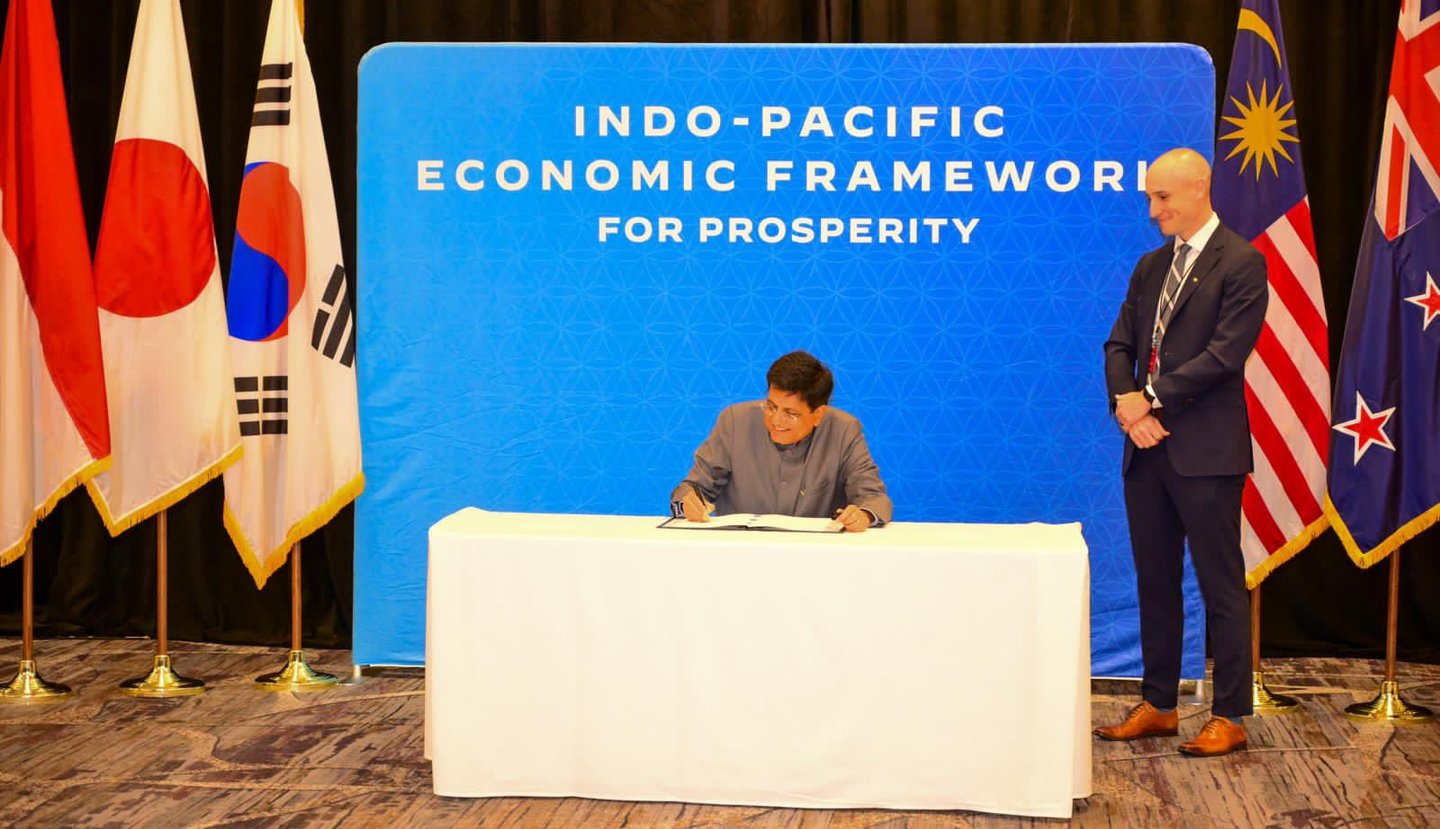Reshaping Global Dynamics: The Catalyst of Hegemonic Disruptions and the Emergence of New Geopolitical Realities
Explore the seismic shifts in global geopolitics triggered by the rise of hegemony-natured states, delving into how disruptions in supply chains have become a catalyst for nations to engage in new negotiations and agreements. This blog illuminates the unfolding complexities, showcasing how the quest for supply chain resilience has not only reshaped economic alliances but has also given rise to a more inclusive and adaptable geopolitical landscape, marked by a collective pursuit of fair and sustainable global economies.
Diplomatic Hall
11/16/20232 min read


In the wake of the tumultuous disruptions caused by the ascent of hegemony-natured states, a curious paradox unfolds—a destabilizing force that, in turn, becomes a catalyst for the initiation of new negotiations, agreements, and the forging of novel geopolitical landscapes.
The critical supply gap, a consequence of hegemonic dominance, has acted as a clarion call for nations to reassess their economic dependencies and vulnerabilities. Recognizing the imperative to diversify and fortify supply chains, countries have embarked on new negotiations, seeking strategic alliances that offer resilience in the face of external pressures. These negotiations are not merely transactions of goods and services but rather intricate dances of mutual reliance and shared interests, as nations unite to mitigate the risks of hegemonic capriciousness.
Simultaneously, the disruptions have prompted a reevaluation of existing international agreements. Traditional alliances are being stress-tested, leading to the necessity for recalibration and the establishment of new frameworks that better reflect the current geopolitical realities. Nations, once content in their established partnerships, are now exploring unconventional collaborations that foster shared economic prosperity and collective security.
The very fabric of geopolitics is transforming, sculpted by the hands of necessity. The emergence of new power dynamics, as a counterbalance to hegemonic influence, has birthed a geopolitical landscape characterized by fluidity and adaptability. As nations navigate the intricate maze of international relations, strategic alliances are no longer bound by historical norms but are forged in the crucible of shared challenges and common objectives.
In response to the challenges posed by hegemony, countries are not merely seeking economic partnerships; they are actively shaping a new geopolitical architecture. Once dominated by a few strategic players, the geopolitical chessboard is witnessing the rise of diverse and dynamic actors. This shift has opened the door to a more inclusive global dialogue, where the voices of emerging economies and regional powers are gaining prominence.
Moreover, the imperative to address the environmental and social externalities of hegemonic dominance has spurred the creation of international agreements centered on sustainability, ethical business practices, and social justice. Nations are recognizing that a fair and clean global economy requires collaborative efforts and shared commitments, leading to the establishment of frameworks that transcend narrow national interests.
In conclusion, the disruptions caused by hegemony-natured states, while initially unsettling, have become a driving force behind a new era of negotiations, agreements, and geopolitical realities. The critical supply gap has acted as a catalyst for nations to reevaluate their positions, form resilient alliances, and collectively shape a future not dictated by the capricious whims of a singular power. In this evolving landscape, the door to new possibilities is wide open, beckoning nations to forge a path toward a more balanced, inclusive, and adaptable global order.
(With AI Input)
Context:
India collaborates with the United States and 12 other partners in the Indo-Pacific Economic Framework for Prosperity (IPEF) and signs the groundbreaking #IPEF Supply Chain Resilience Agreement. This pioneering international accord aims to:
💪 Bolster and reinforce global supply chains
🌎 Cultivate adaptability, stability, and sustainability
IPEF Nations:
India, the US, Australia, Brunei Darussalam, Fiji, Indonesia, Japan, the Republic of Korea, Malaysia, New Zealand, the Philippines, Singapore, Thailand, and Vietnam.
Primary objective:
It aims to cut dependence on China and help shift manufacturing of crucial goods to member nations. It provides benefits such as potential shifting of production centers in critical sectors and mitigating risks of economic disruptions from supply chain shocks.
Contacts
enquiry@economicnations.org
(xx) 98-11-937-xxx (On verification)
